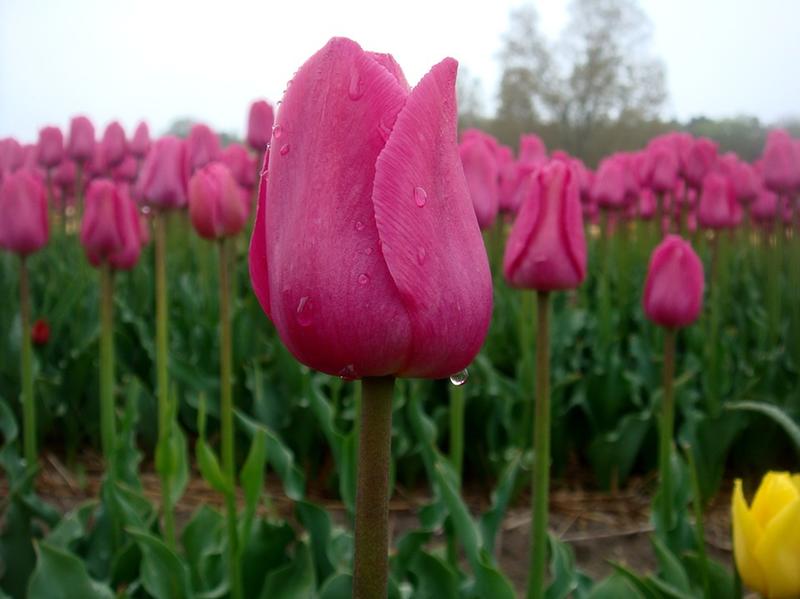Why Is the Water Cycle Important?

The water cycle is important because water sustains all life on Earth. Through a series of evaporation, transpiration, condensation, precipitation, infiltration, runoff, and other smaller processes, the water cycle keeps the Earth’s water clean, distributes the water across the planet’s surface, maintains aquatic ecosystems, and aids in the process of plant growth. The water cycle not only keeps all living things alive, but it’s become an important tool for the modern human race.
What Is the Water Cycle?
Around 75 percent of the Earth is covered in water in some form, whether it’s the saltwater in the ocean, the fog on your street, or the ice in a glacier. No matter its current form or where it’s located, there is always roughly the same amount of water available on the planet. The water cycle is the continuous process of how that water moves across the Earth and through the atmosphere, connecting it all together. The process is made up of six major steps and, while it may change slightly from time to time, it never ends or begins. The water cycle may also be referred to as the hydrologic cycle.
Cleaning the Water
During the evaporation process, heat from the sun forces water to evaporate into the atmosphere. As it turns to a gas or water vapor and moves through the air, impurities and even salt from the oceans are left behind through distillation, but that’s not the only way the water cycle purifies water. Water that falls back to the surface of the Earth may become purified through crystallization or ice formations; aeration or the way water trickles over rocks; dilution; oxidation; filtration as water moves through sand; or sedimentation in slow-moving streams and rivers.
Distribution of Water
When water falls back to the Earth through precipitation, it is typically distributed in four specific ways. First, all plants on the surface soak it up. Next, some of it infiltrates the soil, and some of it runs off back into the ocean, rivers, and other bodies of water. Finally, some of it returns immediately back to the atmosphere through evaporation. The main processes of the water cycle, evaporation, and precipitation, happen constantly across the globe. Without the water cycle, water would pool in places where gravity is the lowest, leaving many parts of the planet without water.
Maintaining Aquatic Ecosystems
While water fuels all ecosystems, aquatic ones are especially sensitive. Land-based ecosystems could potentially last days without water, most marine life would only survive minutes or, in some cases, a few hours, without proper access to water.
Hydration for All Life
Without the water cycle, all life on Earth would eventually come to an end. At the core, plants can’t grow without water, which means there would be no food sources for animals and humans. Beyond food supplies, 60 percent of the human body is made up of water, but it loses it through sweat, breathing, and digestion. If you don’t replenish it, your body temperature won’t stay regulated, your kidneys won’t function properly, your brain may swell, your other organs may shut down, and your blood pressure may drop or climb, all of which will eventually result in death.
The Water Cycle and the Human Race
While the human race needs the water cycle to survive, it also takes advantage of it for modern conveniences. It’s used for cleaning, industrial processes, agriculture, waste disposal, recreation, and creating power.





